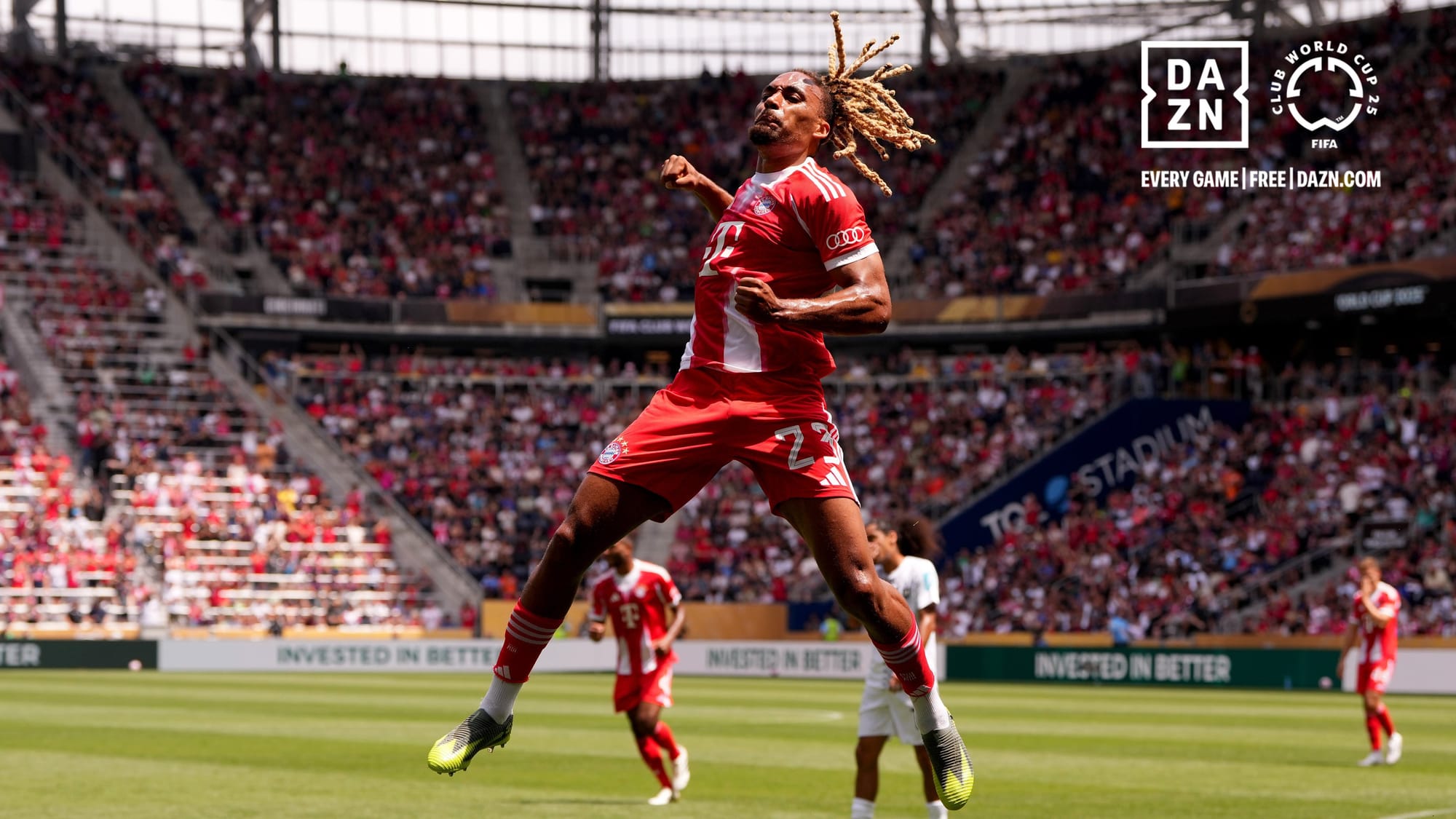Bayern's Goal Avalanche Buries Auckland in Historic Club World Cup Thrashing

CINCINNATI — The scoreline that flashed across TQL Stadium's boards—10-0—told only part of the story. Bayern Munich's demolition of Auckland City in their Club World Cup opener wasn't just a football match; it was a live demonstration of the sport's vast economic and technical divides playing out in real time.
A Mismatch of Epic Proportions
From the opening whistle, the gulf between Europe's elite and Oceania's best was painfully apparent. Auckland's squad—featuring schoolteachers and real estate agents who train three evenings a week—faced opponents whose weekly wages eclipse their annual salaries. The numbers spoke volumes:
- Bayern's squad value: €903 million
- Auckland's entire roster: €4 million (less than Bayern pays for their training facility's laundry service)
- Passes completed: Bayern 722, Auckland 198Yet for all the statistical domination, the human stories on both sides revealed more than any spreadsheet could.
Auckland goalkeeper Conor Tracey, who works as a financial advisor when not facing Europe's top strikers, made eight saves—some spectacular—while his teammates chased shadows for 90 minutes.
Musiala's Magic Moment
The second half belonged to Jamal Musiala, who came off the bench to deliver a 17-minute hat-trick that blended ruthlessness with artistry. His first—a curled beauty from the edge of the box in the 67th minute—drew applause from both sets of fans.
By the time he completed his treble by intercepting Tracey's wayward pass, the young German had turned a rout into a personal showcase.
Not to be outdone, 35-year-old Thomas Müller marked his return from international retirement with Bayern's historic tenth goal—his 250th for the club—grinning as he tapped in the easiest finish of his career.
The Bigger Picture
While Bayern fans celebrated, the match reignited uncomfortable questions about football's competitive balance:
- The Professionalism Gap: Auckland's players returned to day jobs this morning; Bayern's stars flew business class to prepare for their next match
- Financial Realities: Bayern's annual wage bill could fund Auckland's entire league for decades
- Development Challenges: OFC clubs lack the infrastructure to bridge this chasm without systemic changes